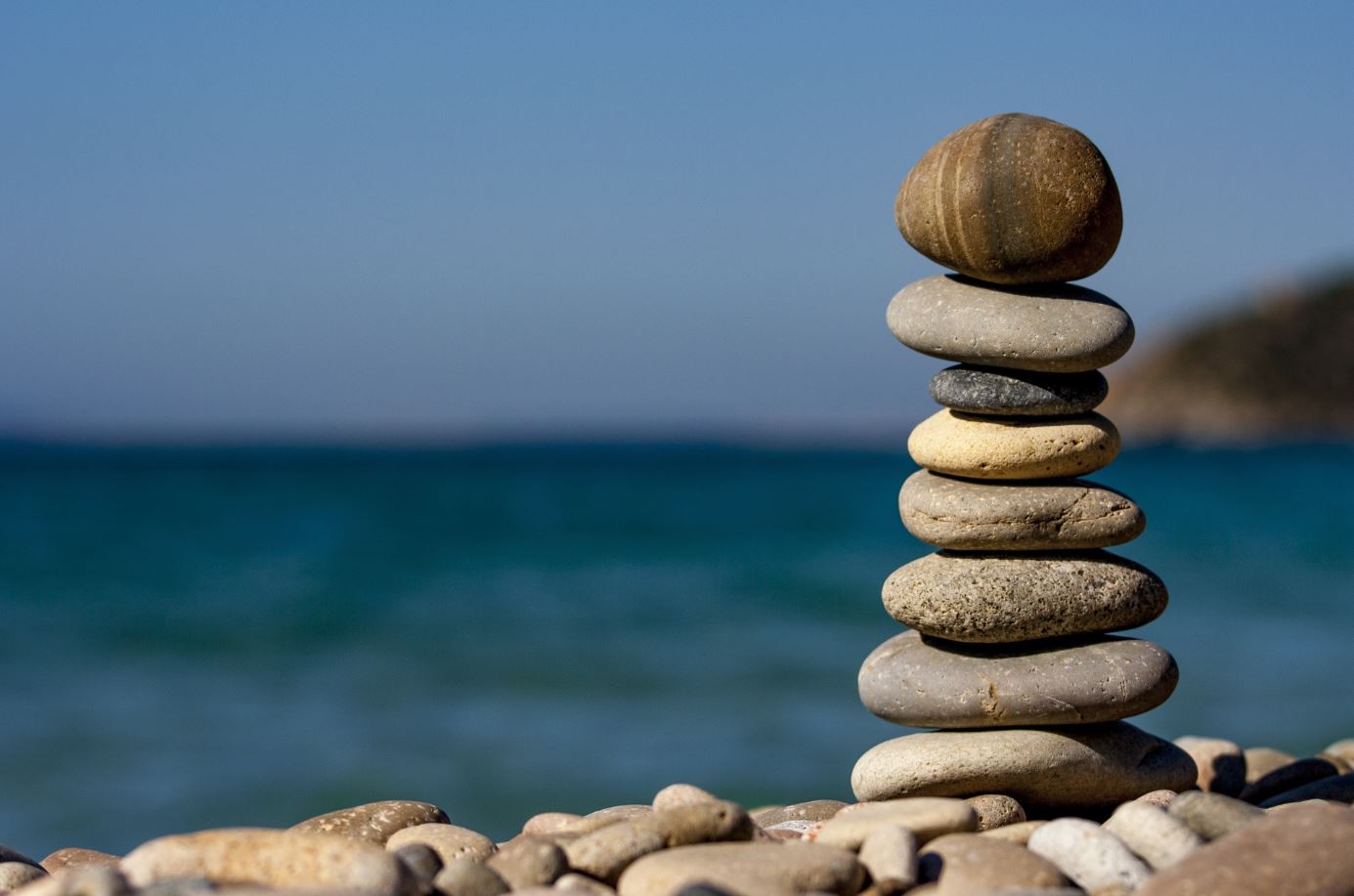Peak holiday season is approaching and with it comes the decision about what to do with our precious annual leave. One thing I often carry with me, apart from a suitcase, is a whole set of expectations and how my time away will give me what I need, whether that’s relaxation, adventure or a space to be more creative.
Wanting to connect with myself and family or friends is high priority. But after the not-so-relaxing start to the trip, cleaning the house, packing and travel, by the time we arrive I am usually pretty frazzled.
We can’t demand ourselves to relax, so how do we find that elusive sense of holiday calm? I spoke to Caspar Walsh, author of The Mindful Man, about the links between mindfulness and nature, and how to be kinder to yourself.
How can I lessen my expectations of holiday time and be more present?
One of the things that can have a real impact on how nourishing and relaxing a holiday can be is how dependent I am on clearing a huge to-do list before the final day of work. As the saying goes, the ‘in-tray will never be empty’. For years, I’d feel the pressure to clear the decks in order to enjoy a guilt-free break. The permission I give myself to rest and enjoy my time away need not (must not!) be dependent on how many tasks I’ve completed, or how good I think I’ve been.
All that happens when I do that is more stress and it takes a lot longer to unwind. What I try to do now (and it is an imperfect process) is to consciously reduce the to-do list to essentials only. This requires gentleness, boundaries and being realistic. It may feel like our diaries are in control of us, but with careful planning and as much kindness as we can muster, it is possible to experience our holiday in a more grounded way and to receive greater nourishment, restoration, and inspiration.
Try to notice the way you’re dialoguing with yourself. Listen for the inner critic telling you how you should be feeling or behaving and try and replace the white noise of self-correction and forced gratitude with something kinder. Even if it’s words you don’t entirely believe, repeated enough times, your body and being will eventually hear them and welcome them. Mindfulness in its essence is paying close attention. Try to be kind with what you find.
What are your best tips to help deal with situations where we may feel stressed rather than refreshed on holiday?
Sit. Stare. Meditate. Connecting to nature and focusing on how we are breathing are top of the list. Our exhale supports the parasympathetic nervous system; the rest and digest part of us. Extending our out-breath is scientifically proven to increase our sense of well-being. It switches off the fight or flight response of the sympathetic nervous system, which gets triggered by sharp intakes of breath when alarmed or fearful or stressed.

One of the big misconceptions about holidays is that they will sort everything out, provide everything we need to recharge our batteries, find balance and carry on as we were before. If we approach our holiday mindfully, we will reap the benefits before, during and after. Allowing mindfulness to be the decompression chamber helps you make the shift.
Avoid the pressure to experience everything you possibly can to get your money’s worth. I’ve sometimes returned from one holiday feeling like I need another. Allow your experiences to be as spontaneous as possible and avoid creating another crazy to do list.
Make space to be alone, connect to where you are, to yourself. Notice what your feeling. Don’t try to fix or change it. It will move and shift in good time; and if you’re lucky, will teach you something useful.
Connect to the natural world and landscape. Give yourself 10-15 minutes alone time in a favourite ‘sit spot’ once or twice a day, if you can. Sit, lie, stand, lean, whatever helps you relax and feel comfortable.

Being in a positive holiday headspace is wonderful, but it can feel so fleeting. When we experience that, how can it be brought home and integrated into daily life?
Writing down experiences is a powerful way to anchor them. You can also sketch or paint or doodle.
Our time away is an opportunity to find a new way to be when we return home. Mindfulness, however we choose to understand it and practice it, can help us manage the everyday pressures of life in a creative, nourishing way. Gentleness, space and breath are key to slowing it all down. See your holiday, in part, as preparing for a potential change in the way you live your life day to day. With motivation and making the time, mindfulness can become a keystone of support.
Caspar Walsh is an author and journalist, and runs retreats that combine mindfulness, connecting with nature and creative writing. His latest book, The Mindful Man, explores modern day masculinity through meditative exercises rooted in wild nature and creative writing.









0 Comments